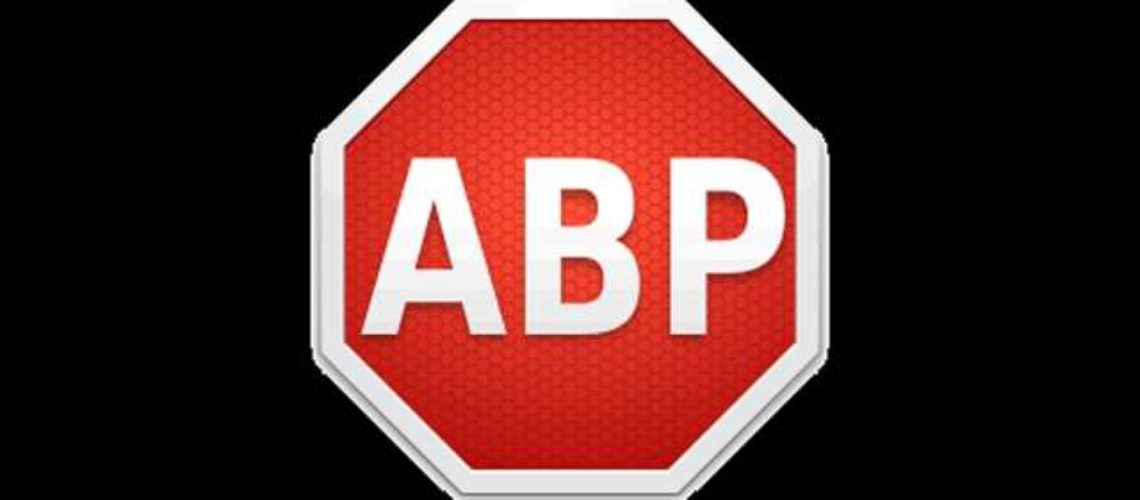Users who have been using AdBlock Plus to filter annoying pop-up ads can continue using it legally in Germany despite a complaint to the Hamburg Court by two German newspapers.
What Is Adblock Plus?
Adblock Plus is simply a content filter and an ad blocker. It is offered as a browser extension suitable for the most commonly used browsers – Mozilla Firefox, Google Chrome, Internet Explorer, オペラ, サファリ, 等.
According to its official website, it’s “the most popular browser extension” and “Its primary purpose is to remove all intrusive advertisements from your browsing experience: YouTube video ads, Facebook ads, バナー, ポップアップ, pop-unders, background ads etc.”
It also claims to block tracking, malware domains, バナー, ポップアップ, but it does not block ads that are considered “unobtrusive.”
Adblock Plus blocks ads via filters. Users can set up the filters any way they want to block ads from specific websites and even certain elements from a webpage.
Why Adblock Plus Almost Got Banned in Germany
Apparently, two German newspapers – Zeit Online and Handelsblatt – were not comfortable with Adblock Plus as they claimed the browser extension interfered with their ad-based online business model. 結果として, they filed a complaint against Adblock Plus to the Hamburg Regional Court.
On Tuesday, しかしながら, the court dismissed the newspapers’ complaints and will release a written verdict with the reasoning behind the ruling in a couple of weeks from now.
それどころか, the German company Eyeo that is selling the Adblock Plus, welcomed the Hamburg court’s decision in a blog post:
“It may surprise readers of this blog to know that some advertiser groups believe blocking ads is illegal. They are upset that adblockers impede their multi-billion dollar business (or in this case, ユーロ) of shoveling ads at you whether or not you like it or asked for it. 実際には, a group of publishers in Hamburg, Germany was so upset that they actually took Adblock Plus to court.”
They also added:
“The Hamburg court decision is an important one because it sets a precedent that may help us avoid additional lawsuits and expenses defending what we feel is an obvious consumer right: giving people the ability to control their own screens by letting them block annoying ads and protect their privacy.”

